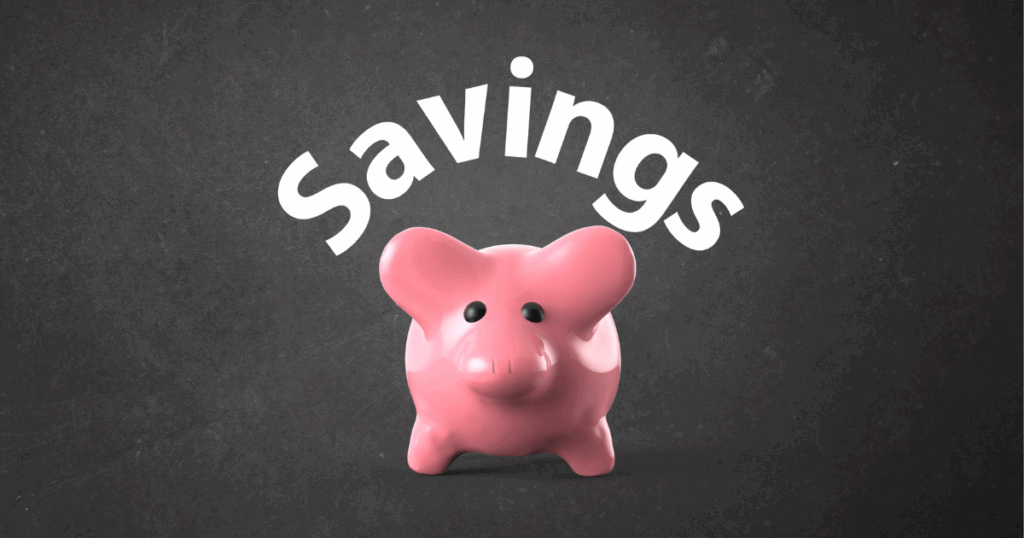
Are you ready to take control of your finances? In this article, you’ll discover 7 basic steps that will help you manage your money, build better habits, and create a solid foundation for your financial future.
Have you ever found yourself wondering where all your money went at the end of the month? You’re not alone. The challenge of managing personal finances is a common experience, but the good news is that gaining financial control is completely within your reach. I’ll take you through seven fundamental steps to put you on the path to mastering your financial situation today. These strategies are not only practical but also actionable, enabling you to face the future of your financial life with confidence and foresight.
Understanding Your Current Financial Situation
The first step to taking control of your finances is to understand where you currently stand. This means taking a comprehensive look at your income, expenses, debts, and assets. It might seem overwhelming at first, but breaking it down into smaller parts makes it more manageable. You’ll want to start by listing all sources of income, from salaries to dividends. Then, track all your expenses for a month to understand your spending habits. This will require honesty and diligence, as it’s easy to underestimate how much you spend. Lastly, calculate your total debt and assets to understand your net worth.
| Income | Expenses | Net Worth |
|---|---|---|
| Salary | Rent | $10,000 |
| Investments | Utilities | – |
| Side Hustles | Food | – |
| – | Entertainment | – |
This table gives a simplified example of how you might organize your financial overview. Being aware of your financial situation is the first step to improvement and paves the way for more strategic budgeting and spending.
Setting Clear Financial Goals
Once you have a grasp of your current financial situation, it’s time to set some goals. Financial goals will give you direction and a way to measure your progress. Think about what you want to achieve financially in the short term and long term. Do you want to save for a house, pay off debt, or build an emergency fund? Make sure your goals are SMART: Specific, Measurable, Achievable, Relevant, and Time-bound. For instance, instead of saying, “I want to save money,” say, “I want to save $5,000 in a year for an emergency fund.”
“A goal without a plan is just a wish.” – Antoine de Saint-Exupéry
Setting financial goals is the foundation for taking control of your finances. They guide your financial decisions and keep you motivated when the going gets tough.
Creating a Realistic Budget

Having a budget is crucial for managing your spending and ensuring you aren’t living beyond your means. Start by categorizing your expenses into fixed expenses, like mortgage or rent, and variable expenses, like entertainment and dining out. Then, allocate your income accordingly, ensuring essential expenses are covered before discretionary spending. A common budgeting method is the 50/30/20 rule: 50% of your income goes to necessities, 30% to wants, and 20% to savings and debt repayment.
A budget isn’t meant to be restrictive; it’s a tool to help you make informed spending decisions. Remember to review and adjust your budget regularly as your financial situation and goals change.
Cutting Unnecessary Expenses
Review your expenses to identify areas where you can cut back. Look at the little things — those small purchases that add up over time. It could be that daily coffee shop visit or frequent takeout meals. Consider less expensive alternatives that will free up cash for your savings or other financial goals. Reflect on your spending habits and make adjustments that won’t severely impact your lifestyle but will significantly benefit your financial health.
Do not fear making changes. Successful financial management often comes from making small, consistent changes that lead to substantial savings over time.
Building an Emergency Fund

An emergency fund is a financial safety net that covers unforeseen expenses such as medical emergencies, car repairs, or job loss. Aim to save a minimum of three to six months’ worth of living expenses. Start small and consistently contribute to your fund until you reach your goal. Having an emergency fund ensures you are prepared for life’s uncertainties, reducing stress and financial strain during unexpected events.
Paying Off Debt Strategically
Debt can hinder your financial progress, so it’s important to approach it strategically. List your debts from smallest to largest and focus on paying off the smallest first, while making minimum payments on the rest. This is known as the snowball method and can build momentum and a sense of achievement. Alternatively, you might consider the avalanche method, which targets high-interest debts first, saving you money on interest in the long run. Choose the approach that best suits your situation and stick with it conscientiously.
Investing for the Future
Investing is a crucial component of a solid financial plan. While saving is essential, investments are what build wealth over time. Understand your risk tolerance and explore different investment avenues such as stocks, bonds, or mutual funds. Start by contributing to retirement accounts like a 401(k) or IRA if they’re available to you. Remember, the earlier you start investing, the more time your money has to grow.
Consider seeking advice from a financial advisor to create an investment plan aligned with your financial goals and risk appetite.
Regularly Reviewing Your Progress
Monitoring your financial progress is essential to ensure you are on track to meet your goals. Set aside time each month to review your budget, expenses, and progress toward your financial goals. Adjust your plans as necessary to accommodate any changes in income or life circumstances. Regular reviews allow you to celebrate your successes, stay motivated, and make informed decisions about necessary adjustments.
For more practical advice, see NerdWallet’s guide on Trading Strategies.
FAQ – Common Questions
How can I track my progress in managing finances?
Using financial tools like budgeting apps can help you monitor your progress and adjust as needed for better financial outcomes.
Should I pay off debt or save money first?
It’s often advisable to have a small emergency fund first, then focus on paying off high-interest debt while contributing to savings consistently.
How do I keep my budgets realistic?
Ensure your budget reflects your actual income and lifestyles, accommodating for both fixed and variable expenses, to maintain realism and flexibility.
What’s the best way to start investing?
Begin investing by taking advantage of employer-sponsored retirement plans or opening an IRA, starting small, and gradually increasing contributions.
How often should I review my financial plan?
Review your financial plan monthly to ensure alignment with goals and be responsive to any changes in your financial situation.
Conclusion
Taking control of your finances isn’t something that happens overnight, but through consistent effort and management, you can achieve a sense of security and confidence. By understanding your financial situation, setting goals, budgeting, cutting back expenses, building an emergency fund, paying off debt, investing, and reviewing your progress regularly, you will be well on your way to financial independence. Keep in mind that the journey to financial control is personal and unique. Stay patient and persistent, and celebrate each milestone along the way.












